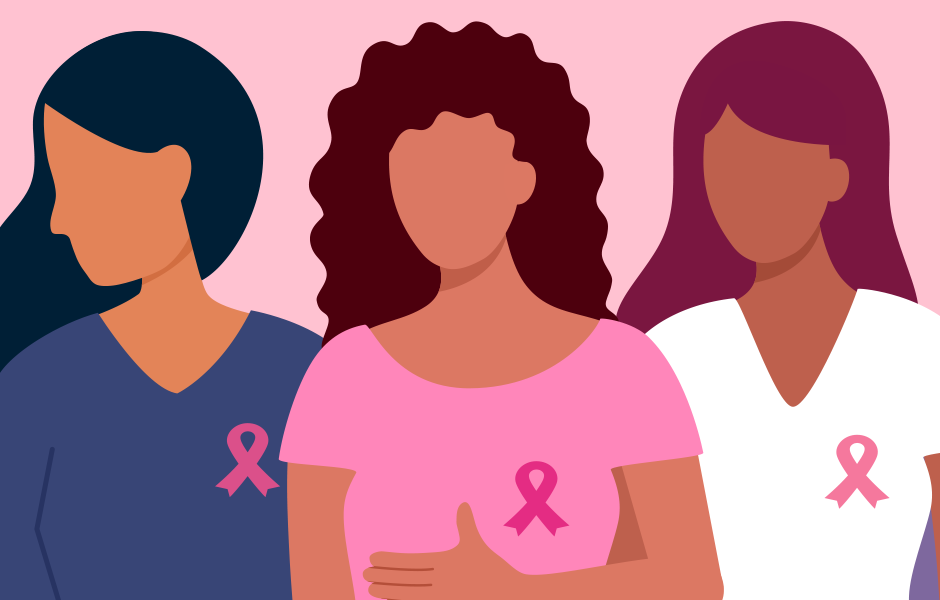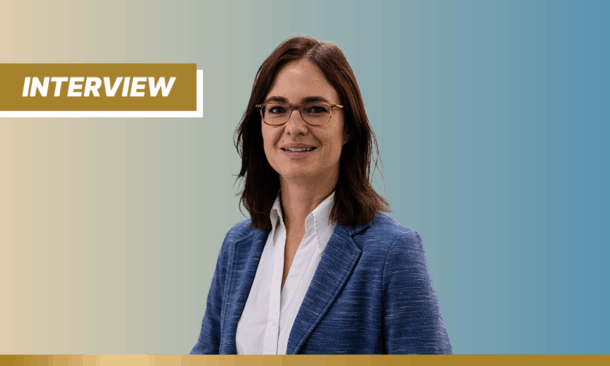The past decade in advanced breast cancer (ABC) care has gone under the microscope, with a new study revealing dramatic advances in survival outcomes, while cautioning that life-extending drugs reach just 51% of low-middle income countries compared to 93% in wealthier nations. The Advanced Breast Cancer Global Decade Report 2015–2025, produced by the ABC Global Alliance and VML Health, highlights 10 years of scientific progress, yet found that gaps in treatment options and outcomes remain on many fronts.
Survival rising, but not for all
In good news, the global five-year median survival for women with ABC has climbed to 33%, up from 26% a decade ago – a shift fuelled by improved therapies and international consensus guidelines now embedded in clinical practice. However, women facing a triple-negative diagnosis have seen little change, with median overall survival stuck at just 13 months. HER2-positive disease shows promise, with real-world median survival more than 50 months in some regions, but these successes remain the exception not the rule.
The report underscores several instances of treatment inequality. For example, trastuzumab, a widely recognised standard of care for HER2-positive ABC, is accessible in only about half of low-middle income countries, and nearly all high-income nations. In addition, less than 20% of cancer registries worldwide consistently record stage at diagnosis, leaving significant gaps in data quality and care optimisation. Lastly, nearly four in five people with ABC have never participated in a clinical trial.
Quality of life, stigma and support
The emotional cost of the disease is also laid bare. The survey, which is a first-of-its-kind aggregation of data across 59 countries, shows 79% of people with ABC report a negative impact on emotional and psychological health, while 73% say impairs their ability to work or study, with one in five losing their job. In a press release, Dr Fatima Cardoso, President, ABC Global Alliance, said: “This report shows what a decade of collective action can achieve, proving that progress isn’t theoretical – it transforms lives. Yet progress is not the same as equity. Our challenge and commitment is to close the gaps in ABC care within and between countries.”
Claire Gillis, CEO, VML Health, added: “The report’s data is clear: survival is improving, but the journey for patients is still marked by financial hardship, gaps in support and persistent stigma. The new ABC Global Charter is a call to governments, healthcare systems and industry to work together so that no one is left behind.”
A roadmap for change
The ABC Global Alliance’s ABC Global Charter 2025–2035 sets out ten measurable goals, ranging from doubling median survival and improving data collection to expanding person-centred support and protecting workplace rights. With breast cancer affecting 2.3 million people and claiming 666,000 lives each year, the urgency for action is undeniable. Over the next decade, the focus is clear: driving not only innovation but also equity in care worldwide.
Read the full report here: Advanced Breast Cancer Global Decade Report 2015–2025









